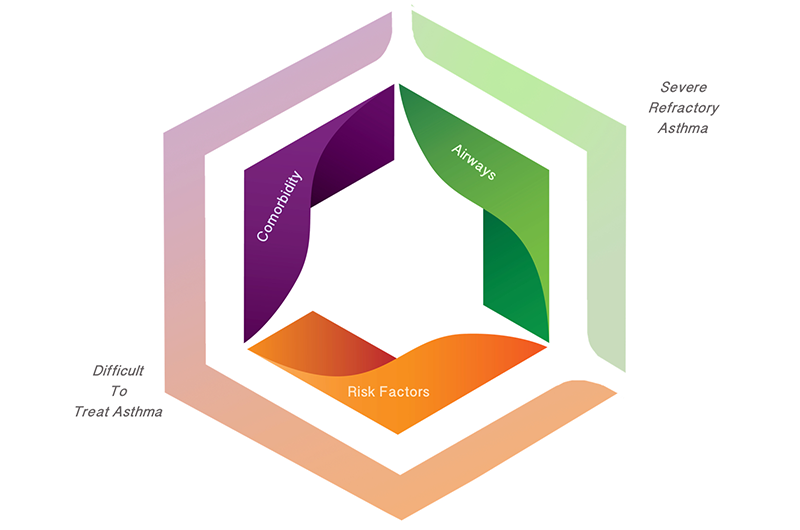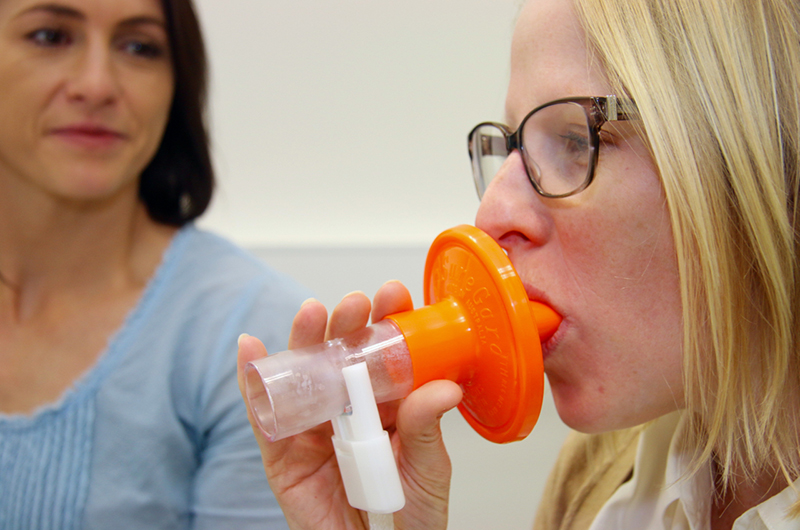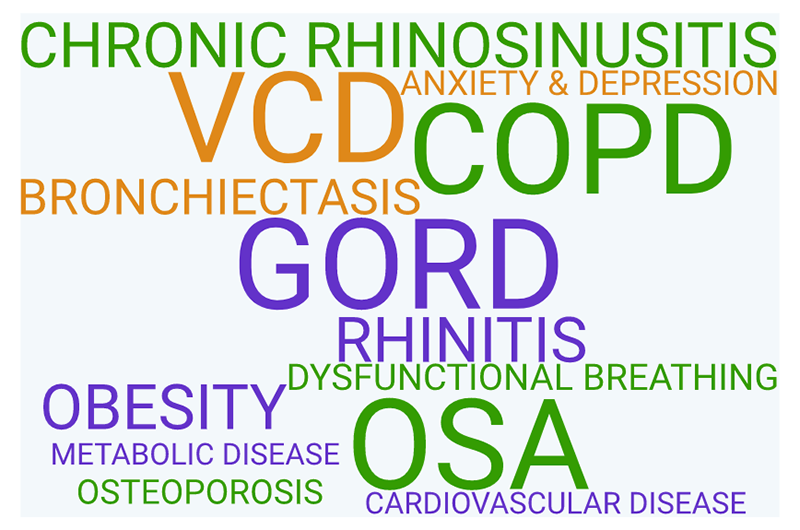Asthma is a chronic respiratory disorder that affects approximately 10% of the Australian population. Not all asthma is the same and a subset of individuals with asthma experience severe disease, despite medication. Approximately 3-10% of people with asthma have severe asthma, which contributes to significant disease burden, healthcare costs and deaths in Australia.
The Centre of Excellence in Severe Asthma has developed the Severe Asthma Toolkit to address an identified gap in the availability of severe asthma education resources for clinicians. This website provides tools to help clinicians provide optimal care for people with severe asthma, and is targeted at clinicians in primary and specialist care, in both private and public clinic settings.
Importantly, directed approaches to manage severe asthma can improve outcomes for people with severe asthma. Dedicated severe asthma services improve health-care use and patient quality of life (Gibeon et al. 2015). Multidimensional assessment and intervention also improve asthma control and quality of life, while reducing attacks (Clark et al. 2017). New therapies (e.g. monoclonal antibodies) improve health outcomes, primarily by reducing exacerbations, when targeted to appropriate patient populations. The Severe Asthma Toolkit provides resources to support implementation of these strategies, to improve patient outcomes.
This project was initiated and overseen by the Centre of Excellence in Severe Asthma, which is funded by the National Health and Medical Research Council (NHMRC).
This Toolkit would not have been possible without significant input from a large number of contributors. A full list of contributors can be found here.
The information on this website is not to be relied upon by an individual in substitution for advice by a health care professional who has regard for the individual’s circumstances, nor in substitution for the relationship between a patient, or website visitor, and their doctor.
The National Centre of Excellence in Severe Asthma acknowledges Aboriginal and Torres Strait Islander peoples as the First Australians and Traditional Custodians of the lands where we live, learn, and work.
Last Updated on










